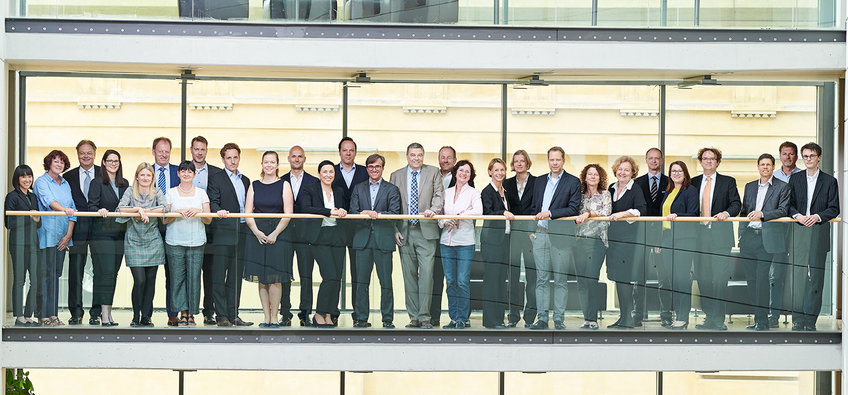
Max Planck Innovation
Max Planck Innovation is responsible for technology transfer from the Max Planck Society, Germany's leading basic research organization. With the claim “Connecting Science and Business” we perform an important task: the transfer of basic research results into products, which contribute to the economic and social progress. Our interdisciplinary team advises and supports scientists in evaluating their inventions, filing patents and founding companies. We offer industry a unique access to the proprietary innovations of 12.000 scientists conducting research in 80 institutes. Our portfolio comprises innovative technologies from the chemistry, physics and technology section as well as the biology and medicine section.
Contact
Arnulfstraße 5880335 München
Phone: +49 89 29 09 19-0
Fax: +49 89 29 09 19-99




